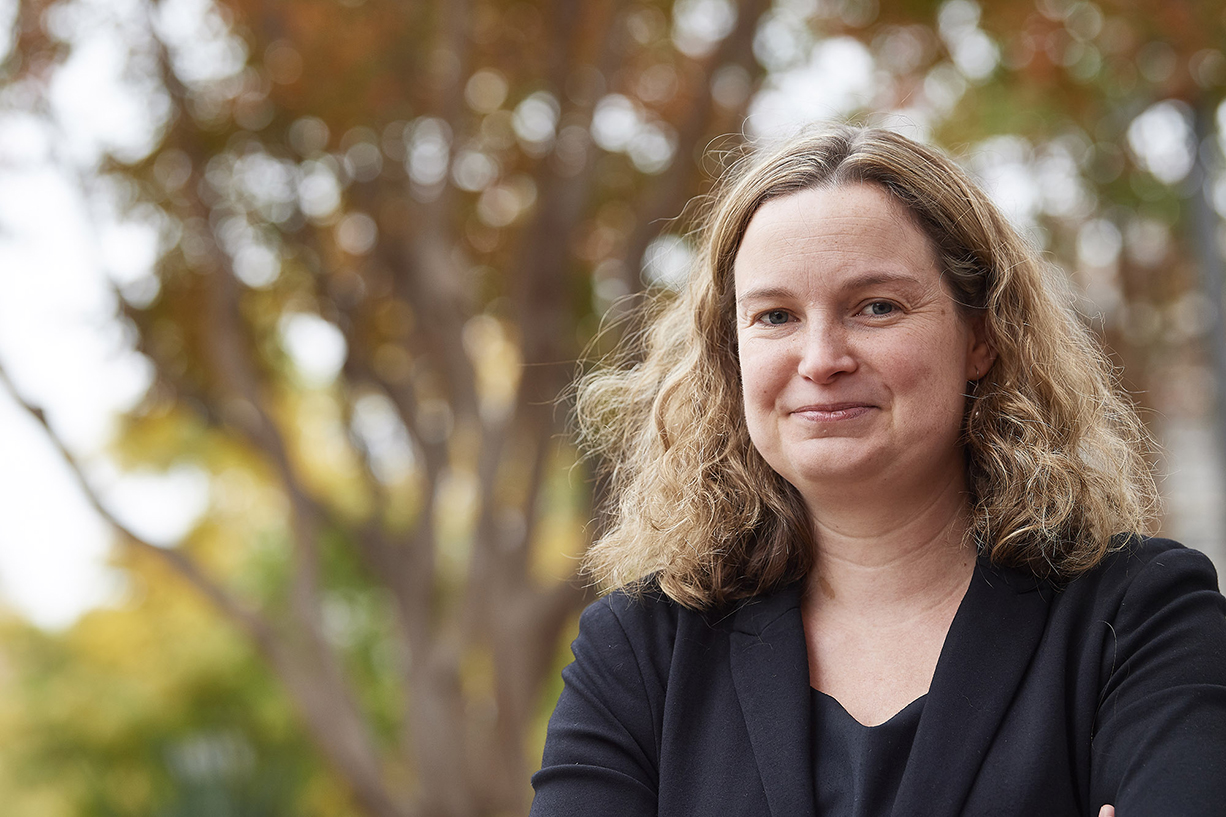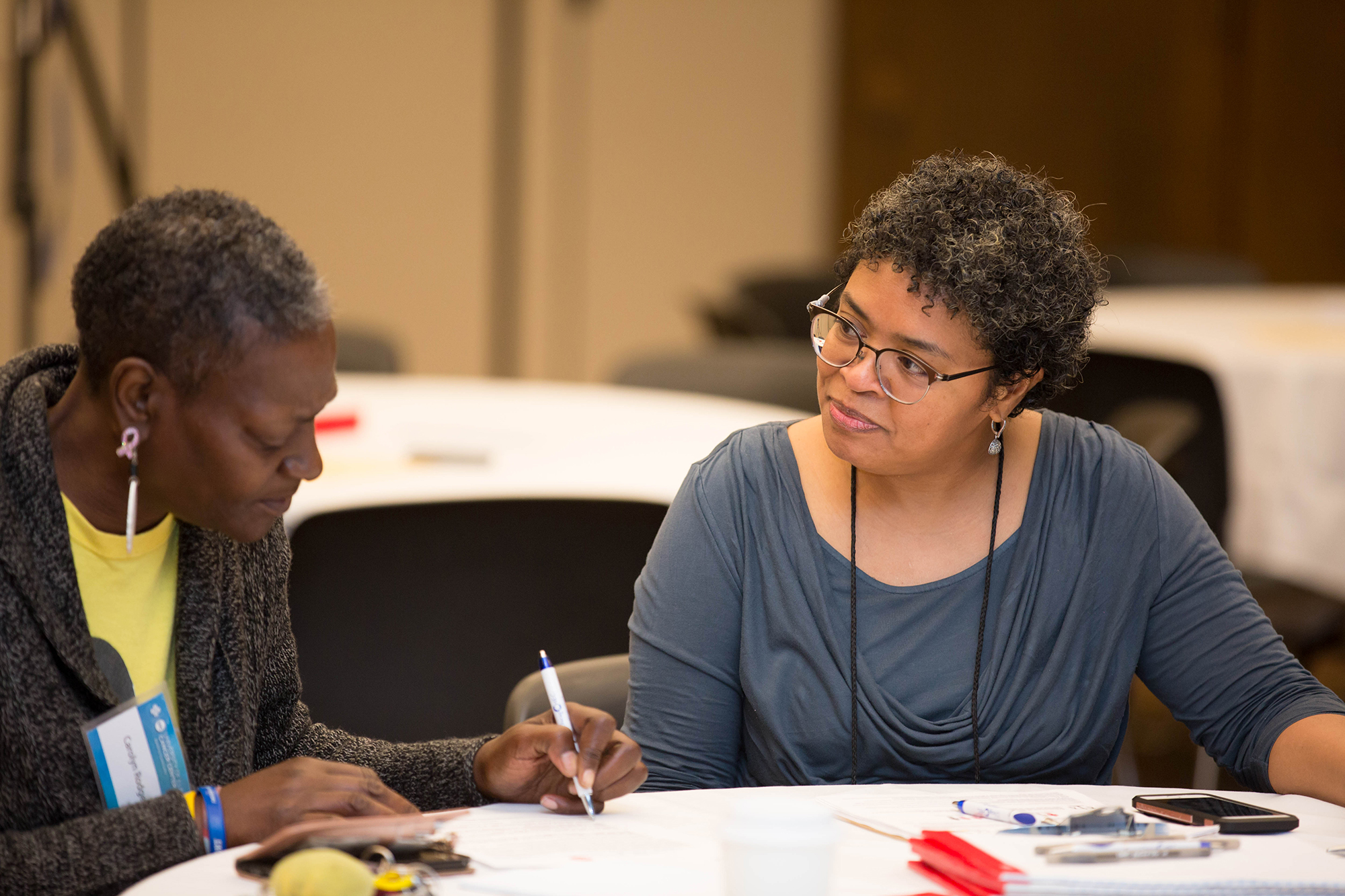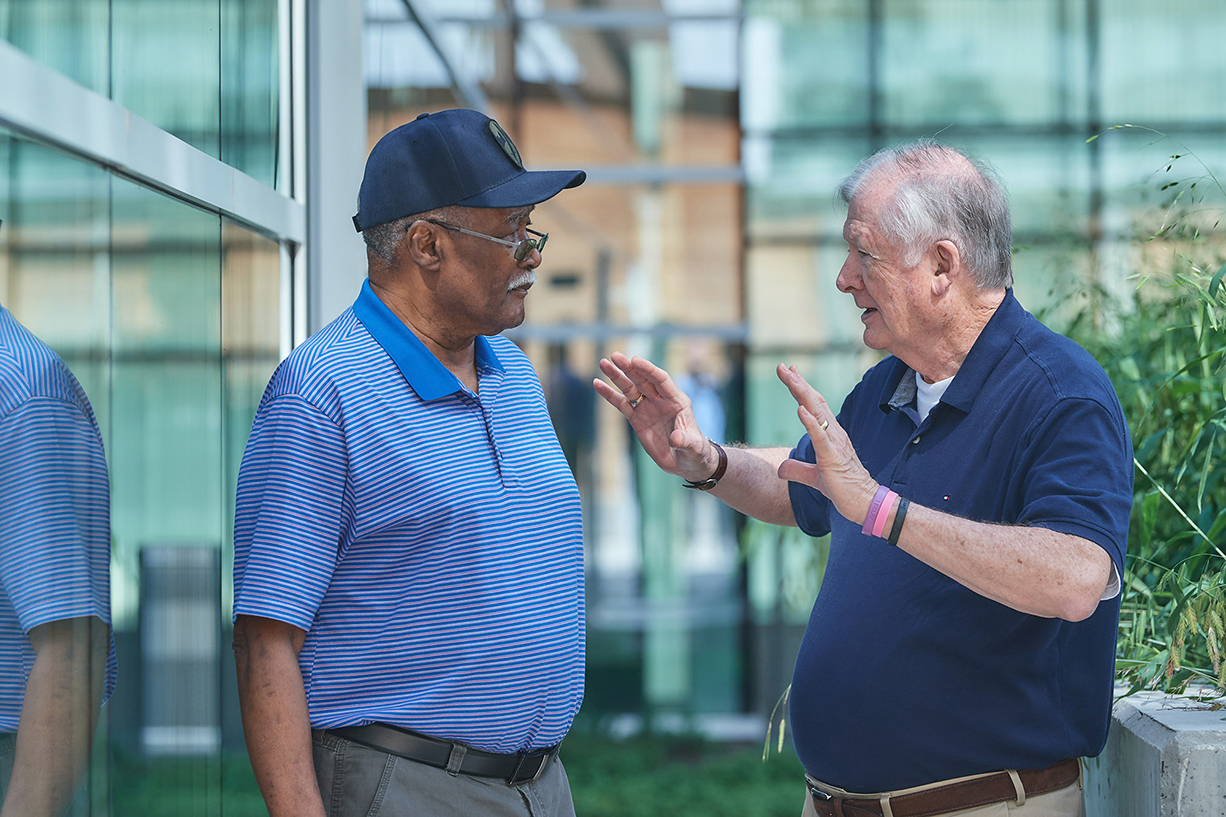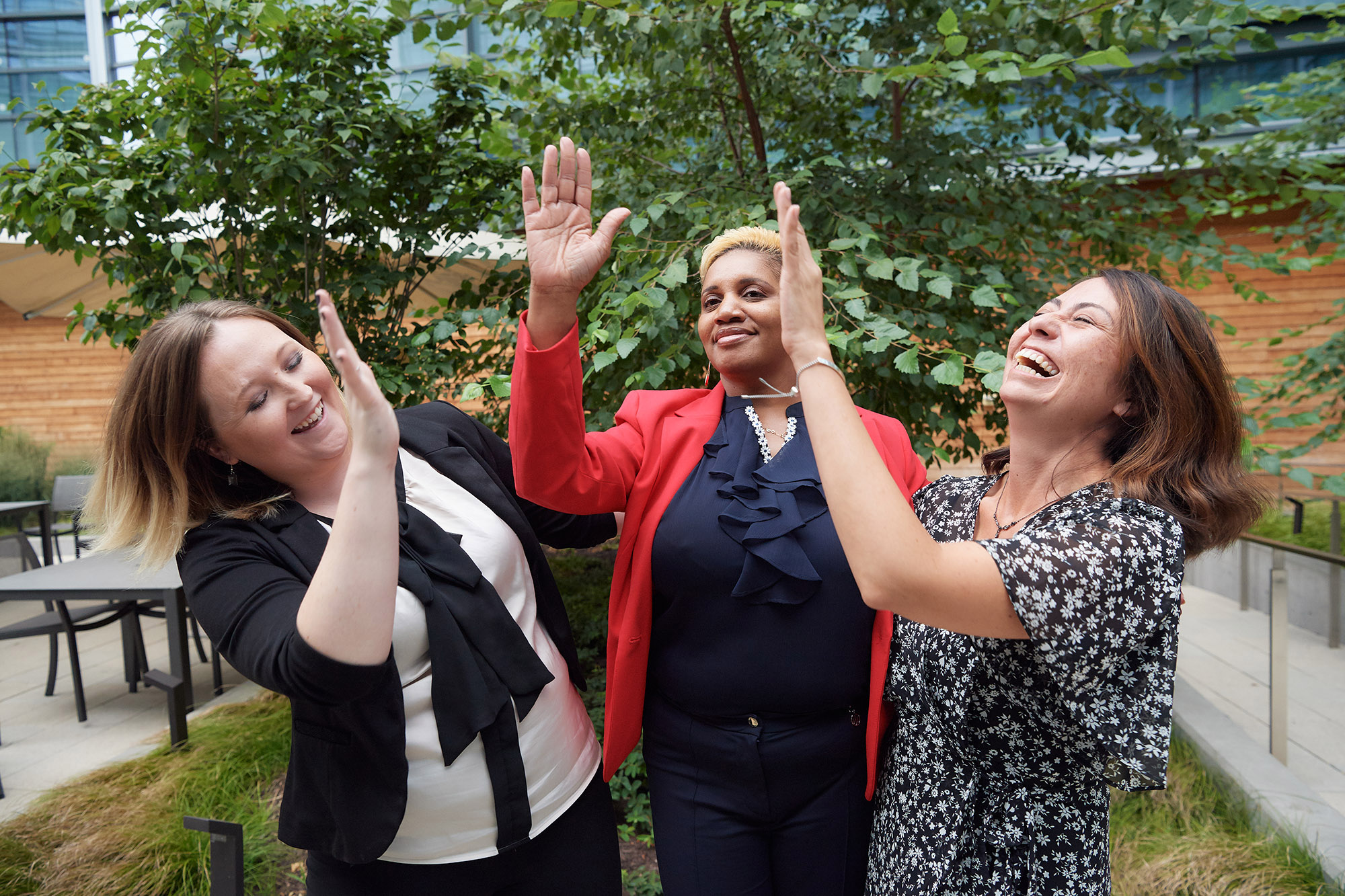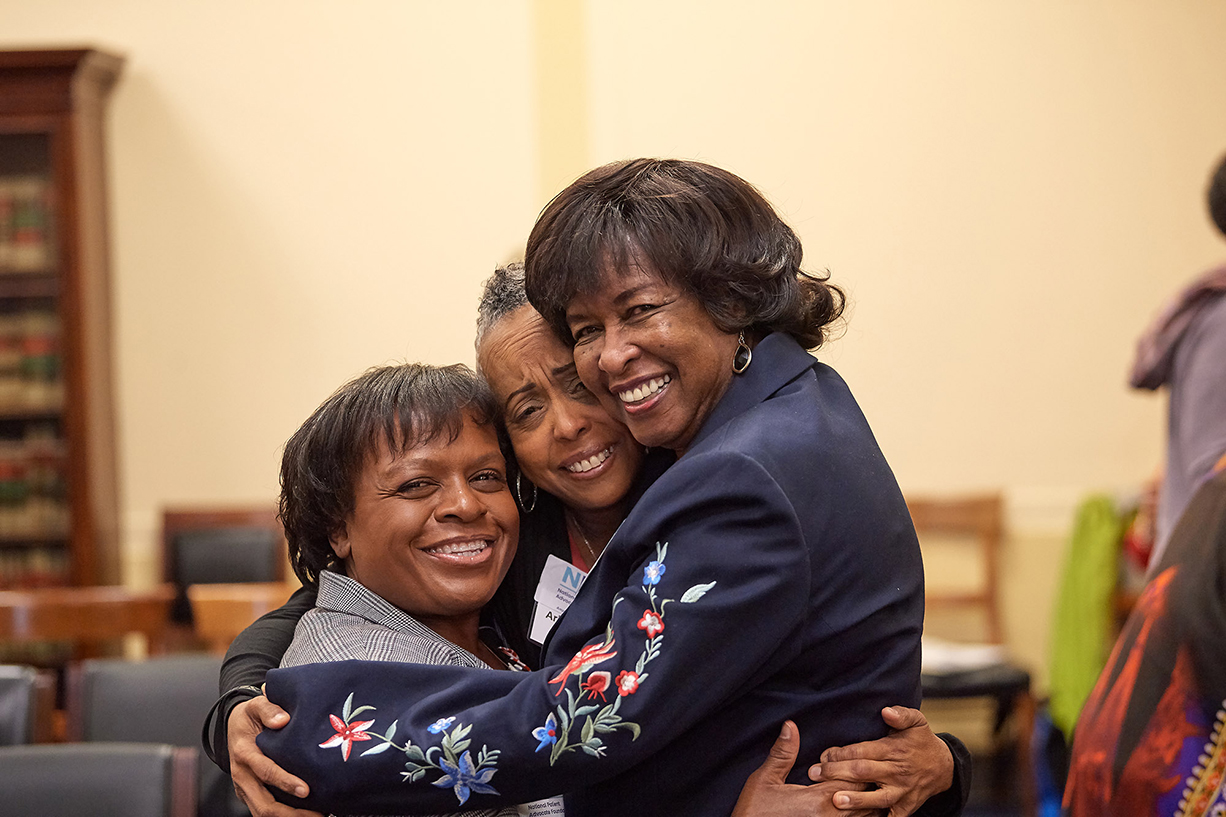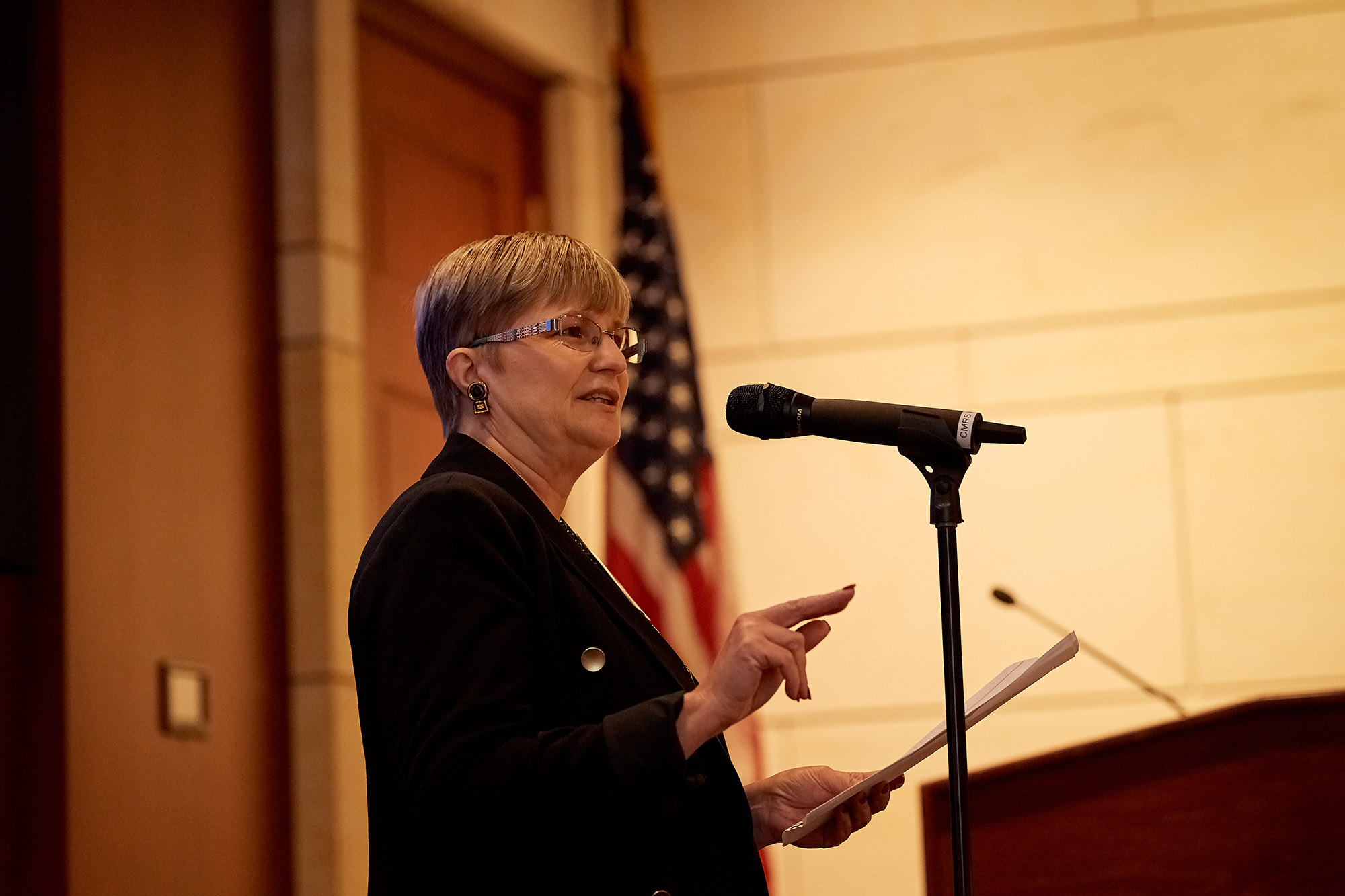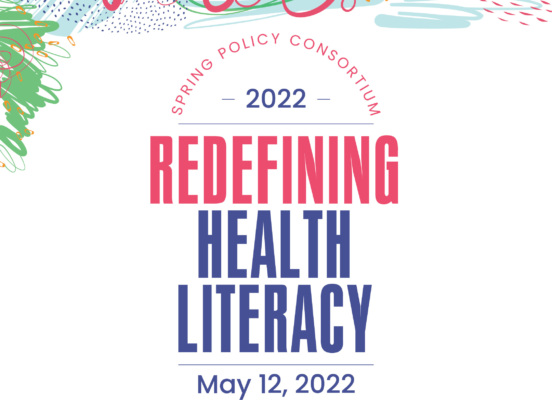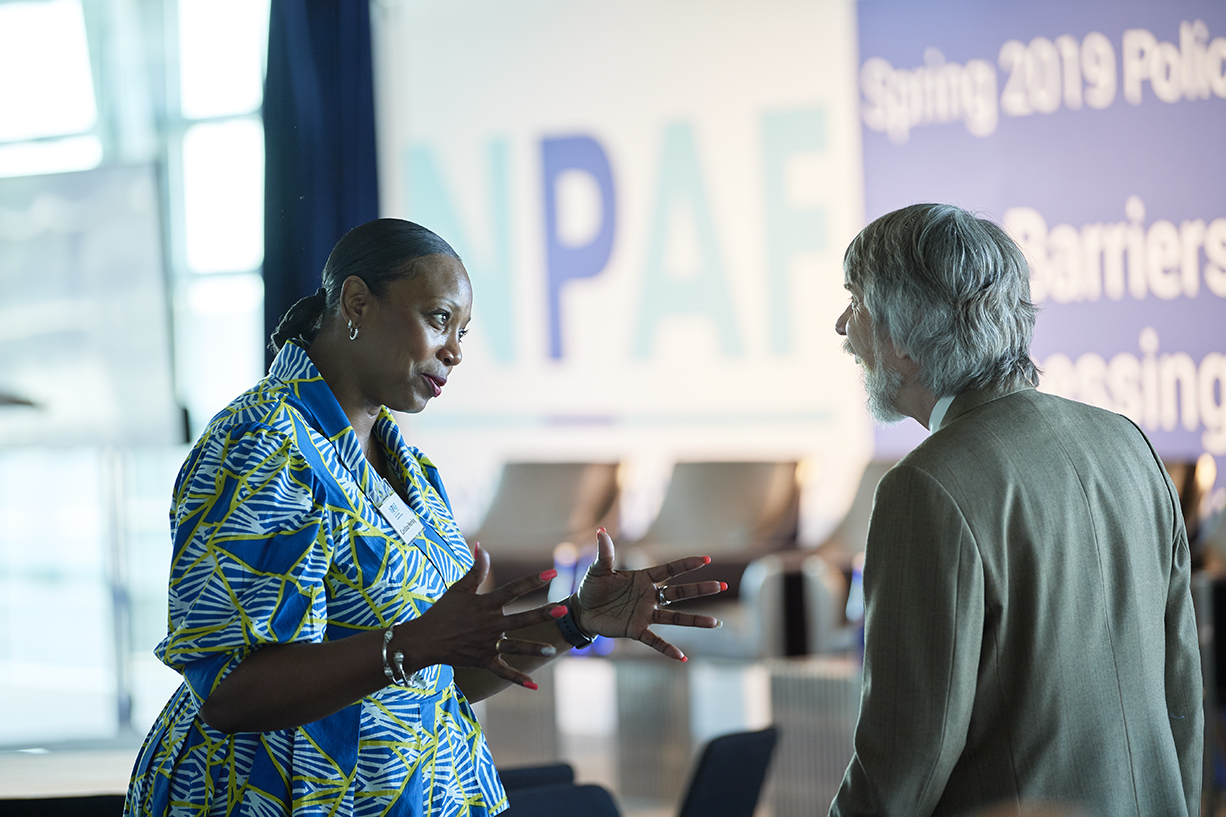
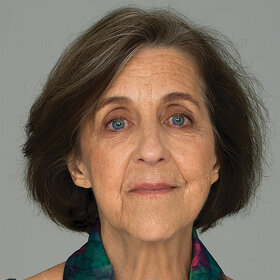
Health Literacy
Let's reframe health literacy in a way that promotes equity and understanding.
About The Issue
Since the term health literacy was first used in 1974, it has become an all purpose bit of jargon that measures, or more accurately, purports to describe how well patients understand their condition and their treatment and care options. Are patients literate, meaning are they able to access and absorb oral and written information and use what they learn to make decisions?
Unfortunately, in some instances, it has also evolved into a shield for biases and assumptions related not just to how individual patients understand their conditions, but to whether certain groups or communities are capable of becoming “health literate.”
As Rita Charon, MD, PhD, (pictured above), says, “Questions of patients’ literacy in health have to include clinicians’ literacy in life. The failings have much more to do with the clinician’s failure in their literacy than patients’ difficulties in theirs.”
Therefore, health care providers and systems have a responsibility to ensure that patients and care givers understand their conditions and have access to the resources that are available, rather than shifting the burden of “literacy” to the patient. That means much more than just handing someone a piece of paper with instructions. It means taking time to answer, and ask questions, and listen. Health literacy is purely a function of effective communications between patients and their providers. For each of us, as with every type of literacy, it develops over time. Health literacy grows with experience, with access to good information presented in ways that make hard, complicated, often scary things understandable and allow all of us to make true shared decisions about our care.
Watch the full collection of videos from “Redefining Health Literacy” on our YouTube channel.
